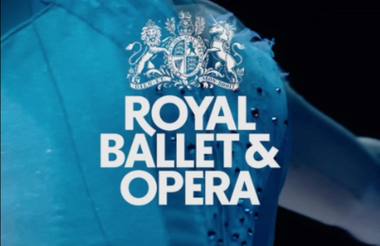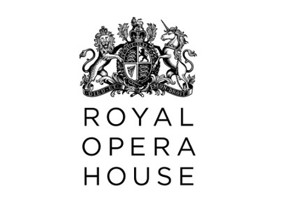Costs at the Royal Ballet and Opera rose by £17m last year, as the charity completed the first year of its over £250m 10-year renewal programme.
The Royal Ballet and Opera’s recently published annual report for 2023-24 shows that the charity spent £172m last year, excluding capital expenditure, up from £155m the previous year.
The report says the charity “continued to face two major challenges: the stress to our financial model from persistent higher rates of inflation and the need to replace our ageing and increasingly failing backstage infrastructure”.
Nonetheless, its total income increased to £182m in 2023-24 from £164m in 2022-23 (excluding £7.1m of exceptional property income in that year).
This included higher fundraised income of £50.8m (2022-23: £35m) and commercial income of £23.2m (2022-23: £20.9m).
Meanwhile, box office income, which accounts for over 30% of its total revenue, rose from £52.6m to £54.5m during the year.
Extra £1.5m a year due to NIC changes
In its previous annual report, the Royal Ballet and Opera said it needed to invest at least £50m over the next three years “just to keep the building open and operational” and £200m over the next decade.
However, the charity’s latest annual report says it now needs to invest around £60m over the next three years and over £250m over the decade in its estate and infrastructure if “we’re to continue to operate the stage safely”.
The new report shows that spending on “premises and depreciation” increased to £40.2m in 2023-24 from £27.2m the year before.
It also mentions “compounding new pressures from increased national insurance contributions (NICs) and the start of repayments on our cultural recovery fund (CRF) loan”.
The increase in the rate of employer NICs, unveiled at the autumn budget, will cost the Royal Ballet and Opera an extra £1.5m a year, while the CRF loan repayments stand at £1.6m a year, the report says.
“We’re having to look ahead for deeper cost reductions to our operations which will require us to rethink how we deliver what we do,” it reads.
“Although the last two years’ financial outcome has been positive, careful financial planning will be critical to ensuring we can achieve our artistic ambitions.”
‘We continue to tackle enormous financial challenges’
Writing in the introduction to the report, Royal Ballet and Opera chief executive Alex Beard said: “Economic shifts, pressure on box office revenues and funding uncertainties have impacted our resources, necessitating difficult decisions and strategic adjustments.
“Despite these pressures, we achieved a financial breakeven position for the year. This was in part because of a one-year decision to reduce the number of new main stage productions.
“Moving forwards, and thanks to the absolutely vital extension of the theatre tax credit, we have been able to renew our commitment to new work from 2024-25.”
Chair Lloyd Dorfman said: “Like many arts and cultural organisations, we continue to tackle headwinds in the form of rising costs, increasing pressure on box office revenues, and the need for significant investment to sustain our ageing capital infrastructure.
“Decisions made in the autumn budget to increase employer NIC will add pressures to an already challenging financial outlook.
“In addition, 2025 will mark the first repayment of our CRF loan, so generously provided to support the effects of the Covid-19 pandemic.
“These financial challenges will require careful management, but we remain confident in our ability to adapt and thrive in the face of these headwinds.”
Related articles











